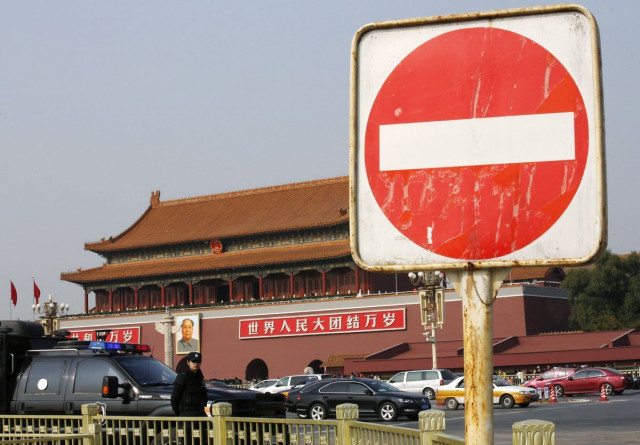
The United States demanded the release of scores of people detained in the run-up to the anniversary, as the semi-autonomous city of Hong Kong prepared for an annual candlelit vigil that this year is expected to draw as many as 200,000.
Taiwanese President Ma Ying-jeou, who makes an annual statement marking the anniversary, described the 1989 crackdown as "an enormous historical wound".
The leader of the self-ruled island, which is claimed by China, called on Beijing to "speedily redress the wrongs to ensure that such a tragedy will never happen again".
Thousands of police and other security forces, some armed with automatic rifles, have been deployed across the capital. There were numerous police trucks on and around Tiananmen Square Wednesday, with fire engines and ambulances also visible.
Some security officers had fire extinguishers placed ready nearby. Security has also been heightened recently after a spate of attacks that authorities blame on separatists from the far-western region of Xinjiang.
Tourists and vendors criss-crossed the vast public square in the heart of the city, but uniformed and plainclothes officers were stationed at every corner and checking the ID cards of passers-by.
An AFP journalist was ordered to delete photos of scuffles between police and frustrated pedestrians waiting to enter the main part of the square Wednesday morning.
Hundreds of unarmed civilians - by some estimates, more than 1,000 - were killed during the June 3-4 crackdown of 1989, when soldiers crushed months of peaceful protests by students who were demanding political reform to match China's nascent economic opening up.
Since then China has worked hard to erase public memories of the bloodshed, censoring any mention of the incident from online social networks and detaining scores of activists, lawyers, artists and relatives of victims in recent weeks.
In 1989 the demonstrations and subsequent crackdown played out on television screens across the world, and Beijing briefly became a pariah in the West.
But 25 years later, the ruling Communist Party's authority is intact and its global clout continues to rise in line with the country's rapid growth, which has taken China to second place in the global economic rankings behind only the United States.
The US State Department Tuesday called on Beijing to allow greater political freedoms and release those arrested.
"I think it's time to allow some more space, quite frankly, for discussion in their own country, particularly around this kind of anniversary," said spokesperson Marie Harf.
Among the dozens detained is prominent human rights lawyer Pu Zhiqiang, who along with four others was taken away by authorities last month after attending a private seminar discussing the crackdown.
Around 80 academics from 12 countries - including some of the world's foremost China experts - penned an open letter to President Xi Jinping on Wednesday pressing for the release of the five.
A separate group of Japanese, Taiwanese and South Korean academics released a similar letter addressed to Chinese citizens and calling for detainees to be freed.
Many foreign news outlets have received warnings from police and the foreign ministry against newsgathering related to the anniversary - or risking "serious consequences" including the possible revocation of their visas.
Under pressure from authorities, Chinese online social networks quickly deleted any perceived references to the crackdown, banning terms including "Tiananmen", "student movement", "6/4" and "25th anniversary".
Even mentions of the date according to the traditional Chinese calendar were blocked, as were the names of individuals related to the crackdown.
A handful of mentions managed to slip past the censors, however, including one posting that showed an image of a candle and the date June 4, 1989.
Asked about the anniversary, university students declined to be interviewed or suggested they did not know much about it.
"I know about it but I don't really understand what it is," said a student near Peking University. "At this time, we were not even born!" she added.
The state-run Global Times on Wednesday made brief references to the anniversary in its English-language edition.
In an editorial, the nationalistic paper said China "has shielded relevant information in a bid to wield a positive influence on the smooth development of reform and opening up".
"Chinese society has never forgotten the incident 25 years ago but not talking about it indicates the attitude of society," it wrote.
The paper's Chinese-language edition, however, only alluded to the crackdown by accusing the West of "actively provoking trouble for China recently and being very emotional".






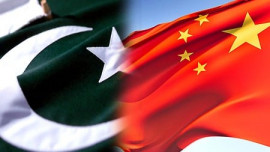
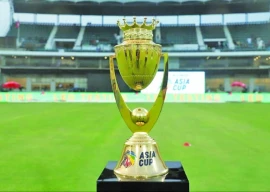
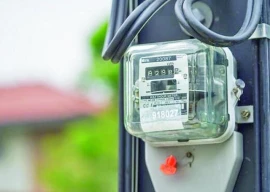
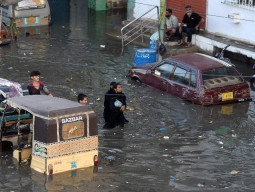

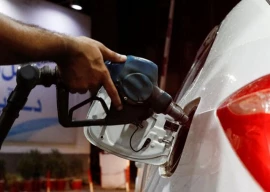
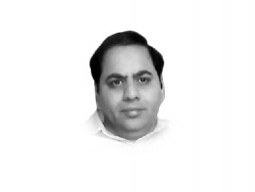





COMMENTS
Comments are moderated and generally will be posted if they are on-topic and not abusive.
For more information, please see our Comments FAQ